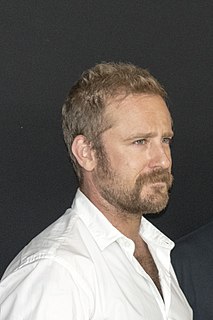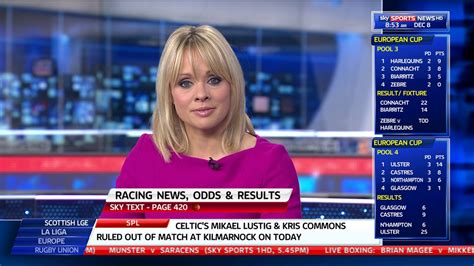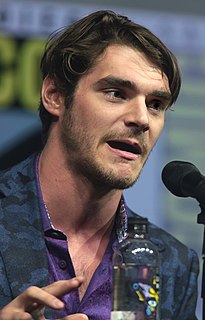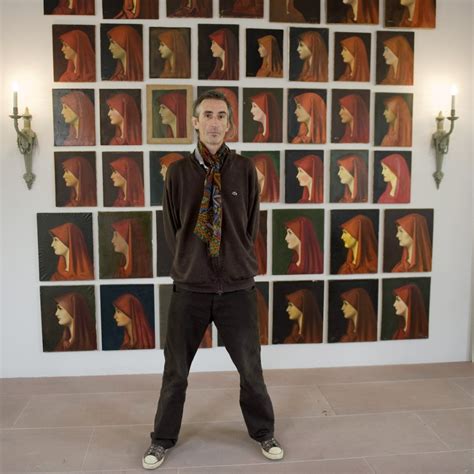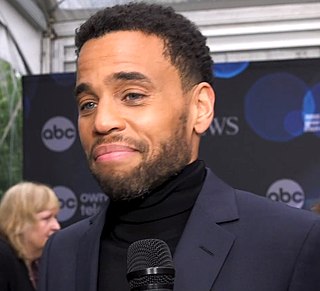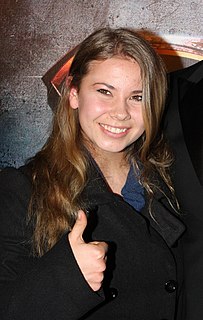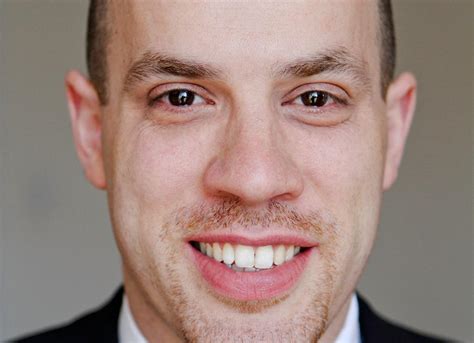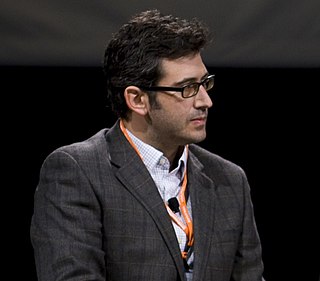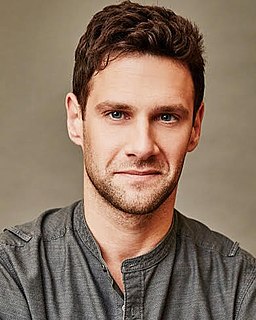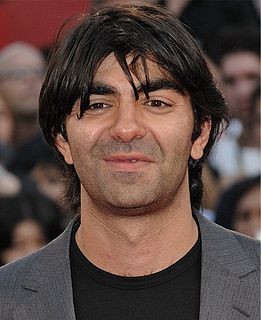A Quote by Ruth Ozeki
I did documentary film for a long time, and I spent a lot of time behind the camera, fervently wishing that the reality I was filming would conform to my narrative propriety. But you can't control it.
Related Quotes
We've turned film into such an industry that we pursue naturalism just by shaking the camera and cutting the film to ribbons to provoke a bogus sense of documentary. But we haven't done the homework. To push the depth that the Actor's Studio did or the Russian theatres did with their actors is to rehearse, to spend time, to dig, to excavate.

